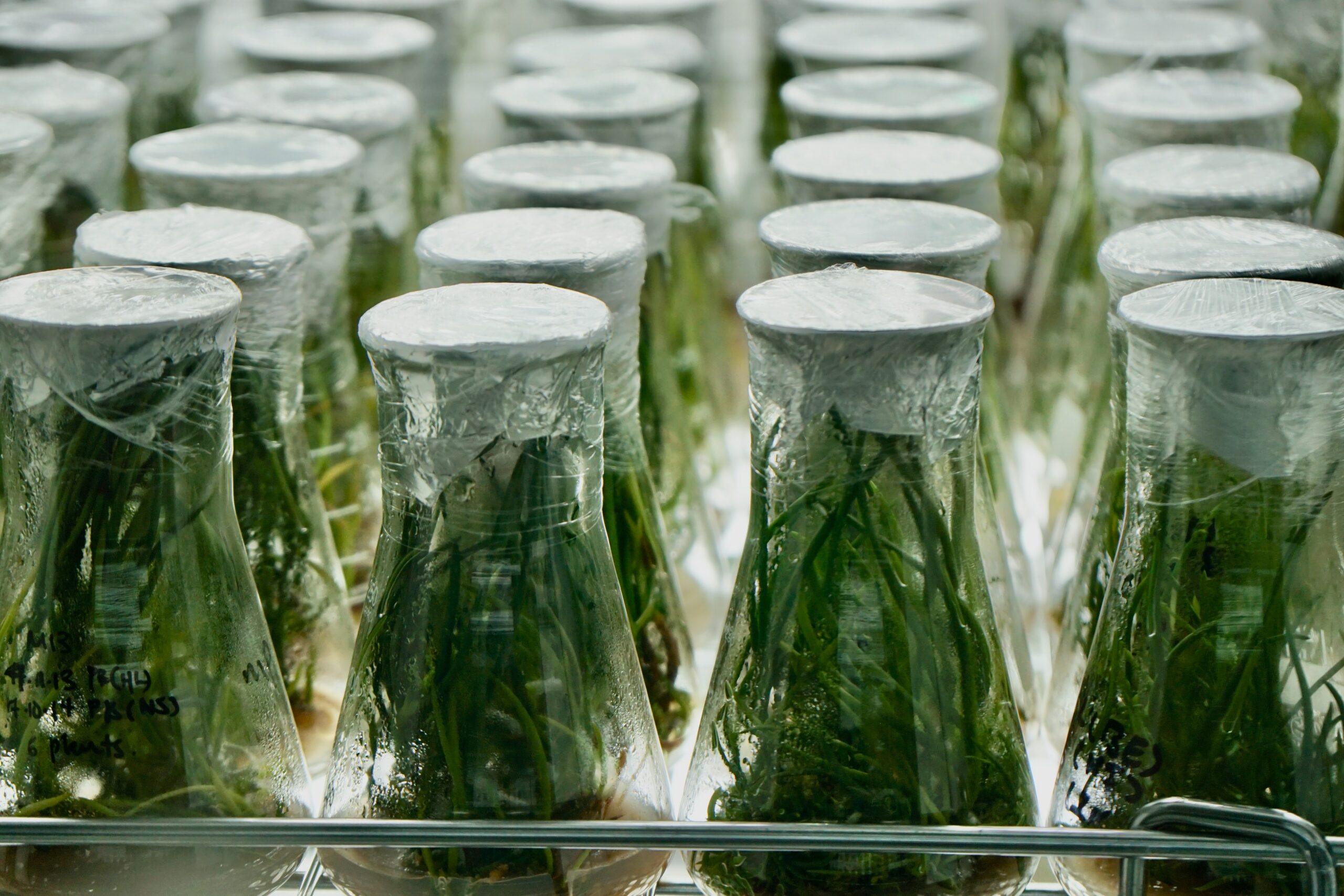Descriptor
The master’s degree final thesis/project consists of two parts. In the first part, the students will take a seminar in which they will be given the foundations to carry out good scientific research: determining objectives, formulating hypotheses, structuring research, quantitative and qualitative methodologies, citations, bibliography, etc.
The second part consists of students individually completing a project, a study or a report that reflects the concepts and skills acquired during the Master’s programme. The work will be based on an experimental/empirical analysis and will require building scenarios, designing strategies and applying tools and techniques for a more sustainable management of environmental vectors, of the natural environment and of the territory. Preferably the work should be linked to a line of research (of the research groups related to the master’s) or to a public or private administration or company, or a non-governmental organization that investigates or works on planning and management projects related to environmental change. A collaboration agreement will be signed between the university and the company/administration/NGO.
Competences
- Communicate information orally and in writing with well thought out arguments to specialised and non-specialised audiences.
- Analyse new and complex situations and design various possible solutions, from criticism and creativity.
- Plan your own learning itinerary, oriented to specific objectives.
- Analyse the activity itself and the proposals themselves, identifying their ethical implications and social responsibility.
- Analyse and interpret the processes of change and environmental conflicts applying the concept of complexity.
- Build scenarios and plan environmental policies aimed at the recovery and protection of the territory and / or water and / or air.
- Organise hierarchically, based on the concept of scale, the factors that affect the case studies from local to international level.

